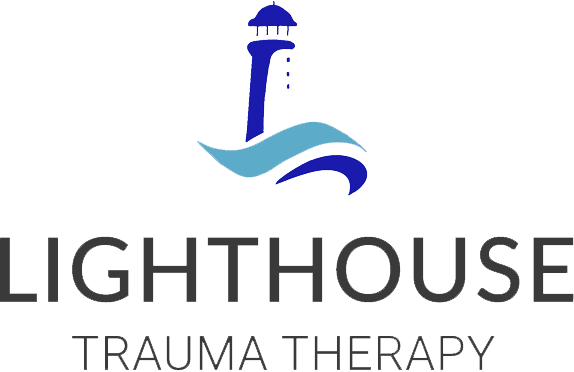
Couples Therapy
At Lighthouse Trauma Therapy, we understand that relationships can be complex and challenging. Our specialized therapy for couples goes beyond merely resolving conflicts; it reshapes core dynamics to foster lasting connection and genuine understanding.
Whether you’re newly engaged, married for years, or navigating challenging times, our couple therapists are dedicated to supporting your relationship’s growth and emotional well-being.
When Do I Need Couples Therapy?
Feel like you’re hitting roadblocks? Many relationships face similar hurdles. You might notice frequent misunderstandings that leave you feeling stuck, or maybe you’re struggling to align on big decisions, like planning a future together. Perhaps you’re finding it hard to build trust early on or want to strengthen your connection before taking the next step. If these sound familiar, know you’re in good company. Whether couples therapy is right for you depends on your goals and where your relationship is headed—be it dating, engaged, or just friends. Drawing on our expertise as Marriage and Family Therapists, we get to know your unique story to create a process that feels supportive. Curious if couples therapy is for you? Let’s talk about what it could do for your relationship, at a pace that feels right for you both.
What Do We Talk About in Couples Therapy?
In couples therapy, you can discuss a wide range of topics, including communication challenges, conflict patterns, intimacy concerns, trust issues, parenting disagreements, financial stress, or any area of tension in your relationship. It’s also beneficial to explore individual needs, expectations, goals, and emotional experiences, enabling deeper understanding and connection.
How Does Couples Therapy Work?
Couples therapy works by creating a supportive environment where both people can openly explore their feelings, patterns, and goals. We begin by listening to your shared story, understanding your challenges, and identifying what you hope to achieve—whether it’s building a foundation for a future together or resolving current tensions. As Marriage and Family Therapists, we help you address relationship dynamics and how past experiences might shape the way you connect. Through guided conversations, we foster better communication, build trust, and help you develop tools to navigate conflicts or emotional distance. The process is customized to your needs, moving at a pace that feels right for both of you, with the aim of creating a stronger, more resilient relationship.
Would You Like to Begin Your Healing Journey?
Call us at (801) 921-6617 or submit a request from the form below. We’re happy to answer any questions you may have! Please feel free to reach out to us.
Related Services
Family Counseling
Individual Therapy
IFS Therapy

Would You Like to Know More About Therapy?
We have published articles on how sessions work and our services and techniques we use. Check out our library.
